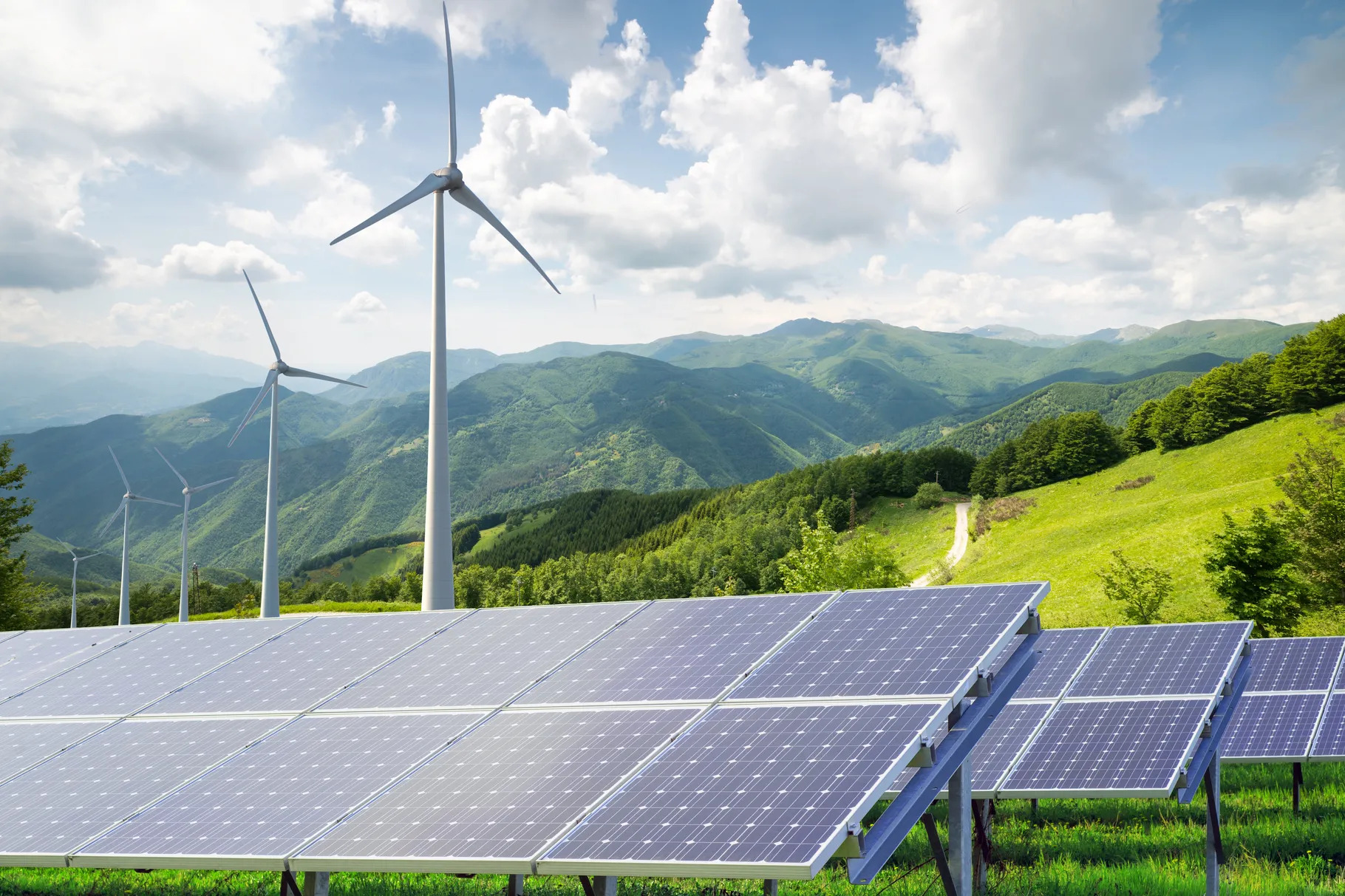
The Middle East and North Africa (MENA) region will likely reach 40 GW of solar this year and 180 GW by 2030, according to a new report from MESIA.
The association's 2024 Solar Outlook Report, which highlights the opportunities and challenges associated with scaling up solar energy in the area, covers 14 countries across MENA, The region collectively recorded 23% growth in solar capacity last year to 32 GW.
Saudi Arabia, Turkey, Egypt, the United Arab Emirates, Oman and Morocco are leading the growth. These nations poised to account for more than two-thirds of installed solar capacity in the region by the end of the decade, according to the report.
Despite the rapid growth, which is largely driven by competitive solar auctions and gigawatt-scale solar projects, the report says the increase “falls short of the necessary level required to even come closer to replacing fossil fuels in the power mix.” Solar power currently accounts for only 2% of the region’s overall energy mix, while fossil fuels represent 87%.
But the report said there is great potential for solar growth in the region to accelerate, as the area has some of the greatest levels of solar irradiance in the world, exceeding 2,000 kWh per square metre per hour on average.
It is estimated that the region could supply up to 40% of the world’s energy by 2050 through “aggressive pursuit of renewable technologies.” The report said MENA’s strategic location offers the possibility of exporting solar energy to neighbouring markets through green hydrogen or electricity via interconnectors.
“The challenge lies in achieving these targets, particularly in the distributed energy sector within the Gulf region,” said MESIA General Secretary Denisa Fainis. “While utility-scale projects are crucial, there is a need to ensure a balanced approach to energy deployment to support inclusive and sustainable development.”
From: pv-magazine













